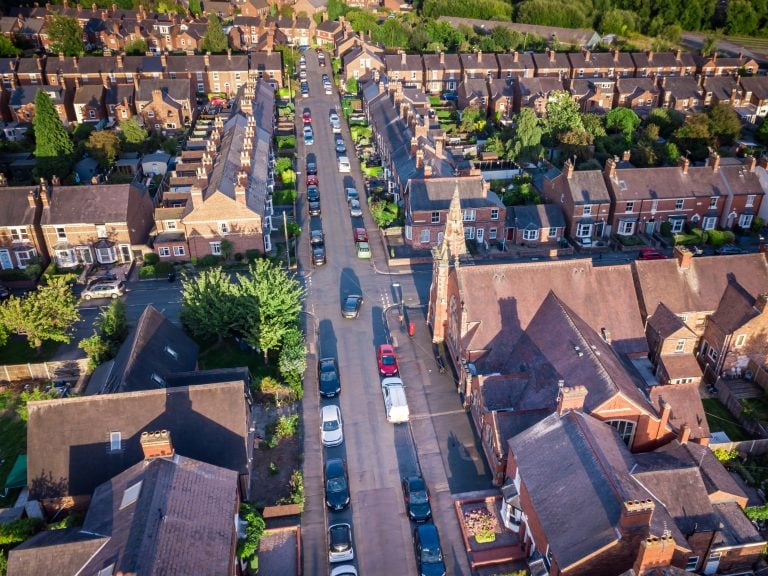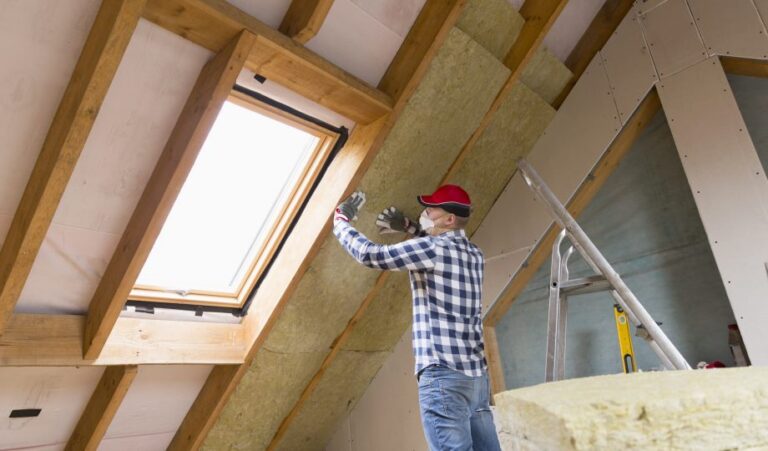Maximising social value from infrastructure projects

Infrastructure is essential for society to function – it provides means of transportation, energy supply, clean water, and flood protection. The societal benefits that infrastructure projects can generate are not, however, limited to delivering this basic functionality. By focusing on delivering broader social outcomes, not just engineering outputs, infrastructure projects can create additional ‘social value’ – such as addressing local socio-economic inequalities, providing jobs for previously unemployed people, providing user enjoyment beyond functional requirements and improving air quality.
With £640bn earmarked for spend on infrastructure in the next 5 years, and the additional £30bn Coronavirus fiscal stimulus programme, the infrastructure sector is well placed to leverage investment to create additional social value and help to rebuild local economies.

As the lead author for a major new piece of research co-funded by the Institution of Civil Engineers and Useful Projects, I have had the opportunity to investigate the current approach to social value creation and delivery across the infrastructure sector, and how this can be improved. It soon became clear that while many infrastructure clients and the supply chain have social value policies and objectives, there is a significant implementation gap between policy and delivery of meaningful and beneficial social value in practice.
At present, social value is primarily considered during the procurement and construction phases of a project – largely because procurement is the focus of the Social Value Act (2012). However, it can be created at all stages of a project’s lifecycle from the earliest planning, through design, procurement, delivery and into operations and eventually decommissioning. If infrastructure is to play a key role in the levelling up agenda, social value creation must be integral to project funding, planning decisions and delivery – and be embedded in infrastructure client’s organisational strategy, culture, processes, and decision making.
Clients and contractors also need to be more ambitious and creative – there is more to social value than apprenticeships and SME involvement in the supply chain. We also need to ensure social value interventions deliver benefits that meet the specific needs of the affected communities – not just picking generic initiatives from a menu of options. In one area, crime might be an issue, in another, it might be childhood obesity. To identify local needs, clients should conduct or commission a Local Need Analysis and ensure these needs are addressed throughout project delivery.
So much can be achieved by investing in the right project. A key recommendation is that infrastructure clients should be more willing to explore alternative solutions that may deliver greater social value, and integrate with other local infrastructure projects to maximise benefits to society.
One of the key barriers highlighted in our research was confusion about what social value is in the context of the built environment, and how it should be measured and reported. I’m delighted to be on the new UKGBC Task Group to define social value for the built environment, which will be tackling this issue.
The report, ‘Maximising social value from infrastructure projects’, can be downloaded here.
A webinar is being held on 30th June 2-3.30pm where the findings and recommendations from the research will be presented, alongside findings from a parallel broader piece of research by the Institute of Economic Development ‘From the Ground Up – Improving the delivery of Social Value in Construction’. Both studies reveal many challenges across all aspects of social value, and their recommendations support and complement each other. Sign up here.
Jo Dobson is an Associate at Useful Projects and a UKGBC Future Leader.
Related
Reimagining our Homes and Communities

Regenerative Places: Empowering communities to improve homes and neighbourhoods for the benefit of people and planet.

The 5 policies UKGBC wants to see in the King’s Speech

Why is social value so crucial when developing and managing commercial real estate?

